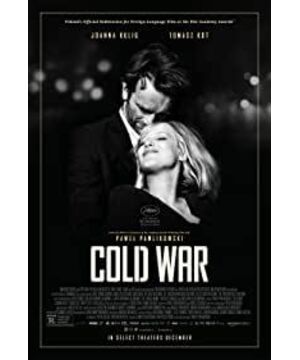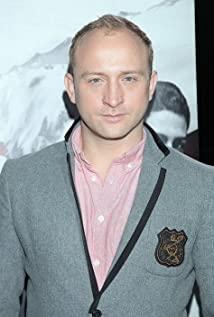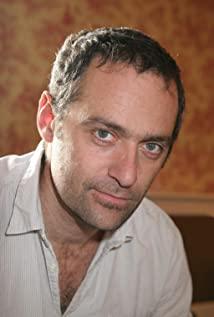Poland in the late 1940s was in a similar situation to China. After sweeping away the haze of war, a socialist regime was established on top of the rubble and under Churchill's "Iron Curtain". During the "Cold War", everything was in line with the former Soviet Union. Elite artists were sent to remote mountain villages to collect and adapt folk songs, recruited and selected a group of young actors, and presented songs and dances showing the traditional Polish national style to the leaders in the theater for appreciation.
In such an era, the handsome and talented pianist Wiktor met Zula, a mysterious girl with a beautiful voice, and the two fell in love with each other. The performance was a huge success, but it gradually changed its flavor. The leaders demanded that Stalin and agricultural reform be praised in the performance, and Victor smelled the danger.
In pursuit of a purer career in music, Victor decided to leave quietly while the company was visiting East Berlin and flee to France. He hoped that Zura could go together and agreed to meet at the station. However, Zula did not show up. Victor smoked his last cigarette anxiously in the corner and left resolutely.
After this, the narrative of the film becomes fragmented, like fragments of memories in the mind.
The distance in time and space failed to make the lovers who parted in a hurry to let go of each other. The day after day longing and longing went deep into the bone marrow, and this feeling became stronger and stronger. From Germany to France, from Yugoslavia to Poland, the two tried their best to meet each other, Zura married a Sicilian businessman in order to obtain Italian citizenship, and Victor recorded for Zura in Paris.
Unfortunately, although the "Iron Curtain" failed to separate the lovers, the two loving hearts fell into a "cold war". Different class backgrounds, different personalities and conflicting emotional appeals make the two people who finally meet again keep quarreling and leaving in frustration. Probably it is precisely because of the madness of love that the anxiety and anxiety in the heart will be infinitely magnified, and they can neither stay together nor endure separation; Such ups and downs, separation and integration, have been entangled for a full fifteen years.
The inspiration for the story of Cold War and the names of the hero and heroine are derived from the parents of director Paviu Pawlikows, two Polish intellectuals who also experienced that turbulent era, a doctor and a ballet dancer. At the age of 12, Pavlikows' father fled Warsaw and his mother divorced. When I was 14 years old, I went to London with my mother. I thought it was just a long vacation, but then I left my hometown.
Cold War inherits the black-and-white style of Pavlikoffs' last Oscar-winning film, Ida (Best Foreign Language Film). Some people say this movie is a "love letter" he wrote to the Poles of his parents' time, but I think it's "nostalgia". The homeland that cannot be returned, the lover that cannot be touched, life has lost its meaning. Maybe that's why Victor went back to Poland knowing he would be arrested for "defection". In order to save him, Zula had to marry again, marry a government official. After a turbulent half-life, the lovers became exhausted, less sensitive, and finally able to stay together.
My favorite is the film's music and cinematography, from melodious country tunes to romantic jazz, as sensual Zura and rational Victor. The picture of the film is full of texture. After abandoning the color, the composition uses a lot of simple line elements. The single color of black and white seems to be a metaphor for the love between the two people, which is pure and strong.
The opening part of the film reminds me of Feng Xiaogang's "Youth", after all, both films have very similar eras and political backgrounds. Whereas Feng Xiaogang prefers bright colors with high saturation to symbolize the intensity of youth, Pawlikowski is a refined minimalist, both aesthetically and narratively. He treats the story fragments in the form of poetry, leaving a lot of space for the audience to imagine and complete.
Movies should be metaphorical, not straightforward, says Pawlikowski.
Cold War won Best Director at this year's Cannes Film Festival.
View more about Cold War reviews











